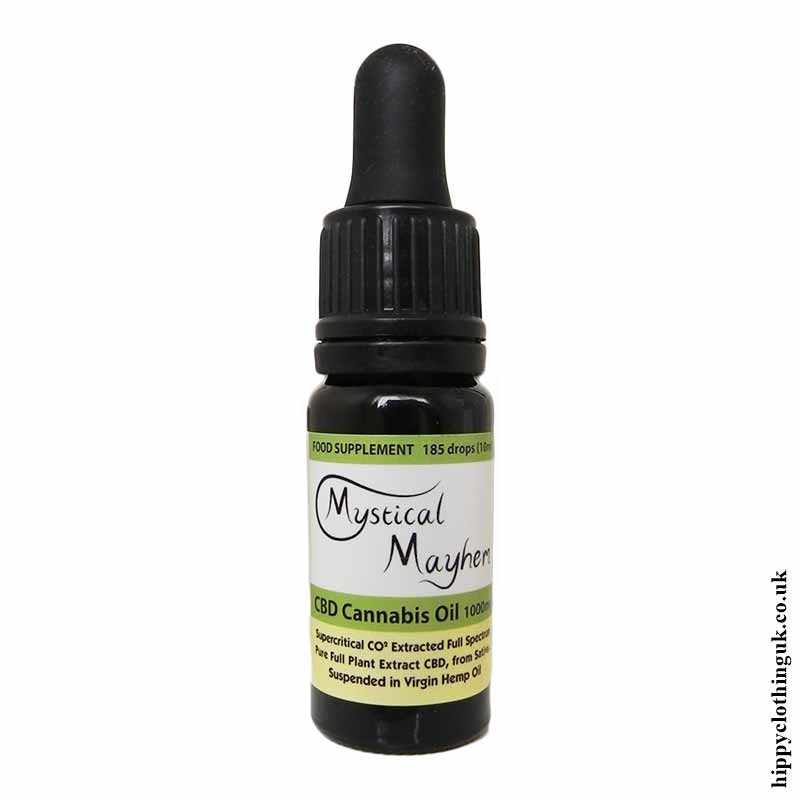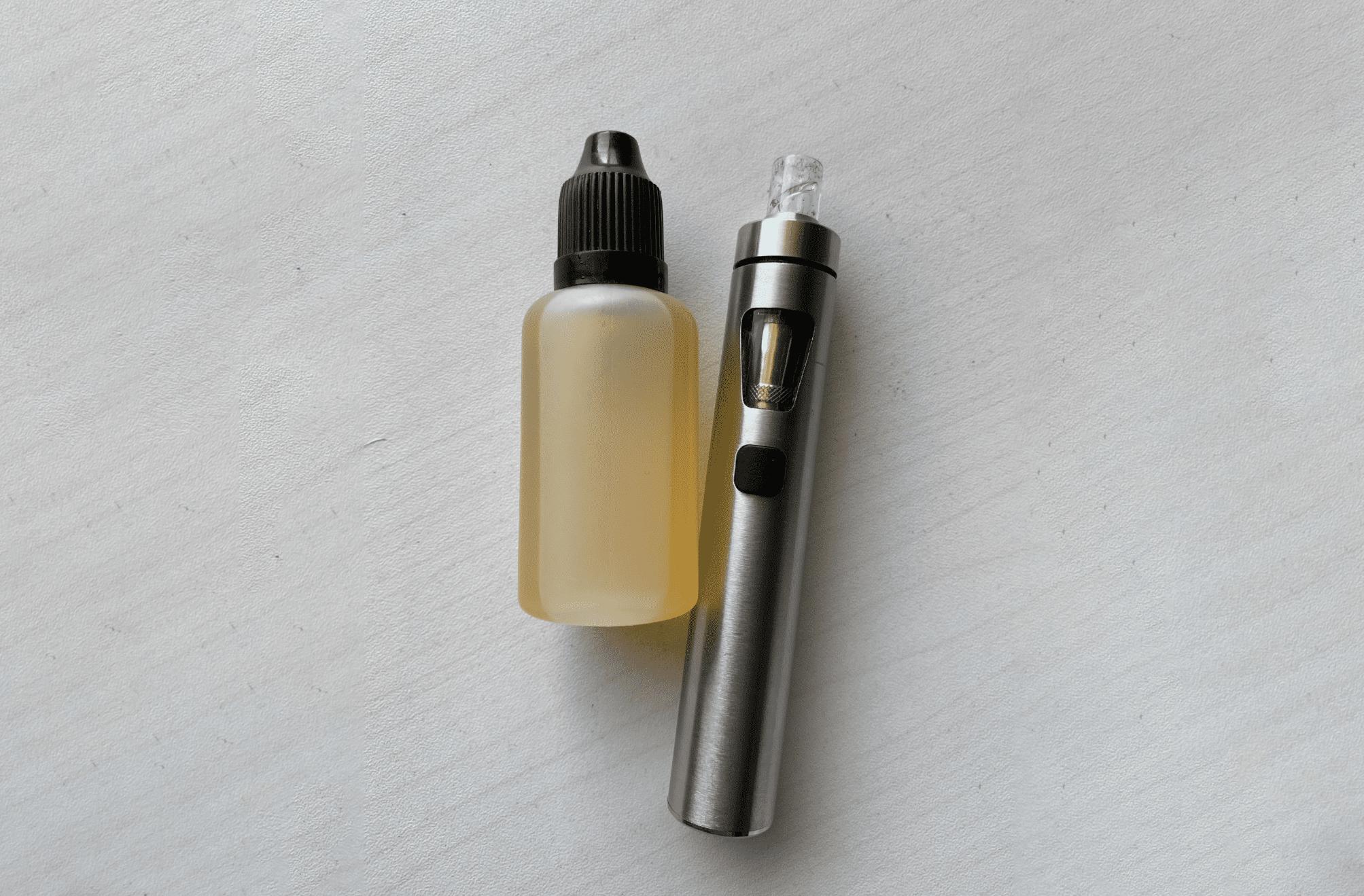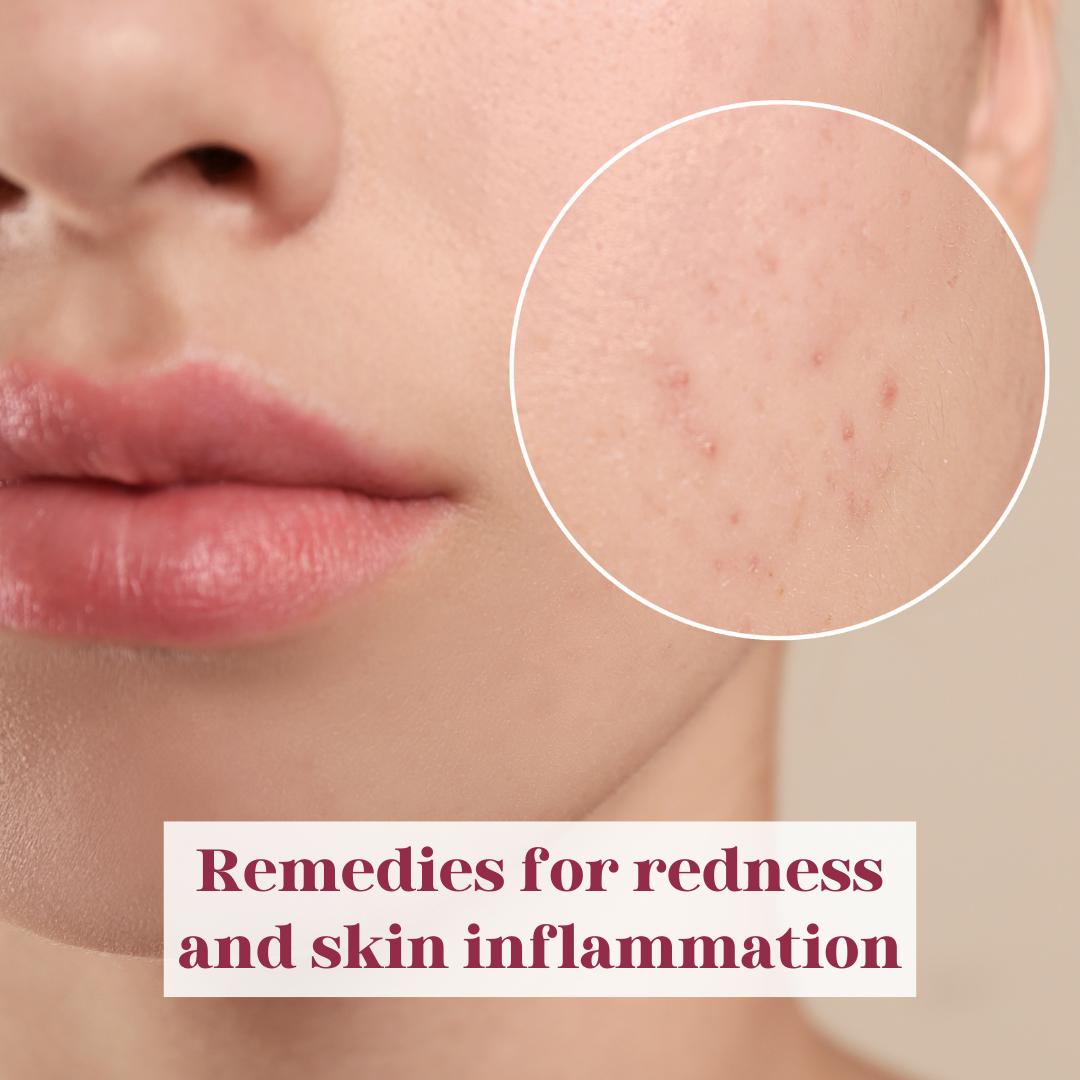
Hemp is a natural pain relief.
The regulation of body functions is controlled by the endocannabinoid system. It also maintains homeostasis, which is the balance between distinct physiological systems. It also contributes to mood and pain perception.
Researchers are currently studying the role of CBD and cannabinoids in mood regulation and pain management. CBD has been shown to reduce pain by increasing the endocannabinoid and decreasing inflammation.
CBD can also be used for reducing spasticity associated with multiple sclerosis and neuropathic pain. It can also help to reduce stiffness and pain associated with rheumatoid arthritis.
Cannabinoids can be described as chemical compounds derived primarily from cannabis plants. They act on the CB1 receptors in your brain and on TRPV1 receptors in your nerves. They can also impact your endocannabinoid, which is responsible for the production of endorphins and the feel-good neurotransmitter Serotonin.

Hemp oil's anti-inflammatory properties can be useful for pain management. It is rich in omega-3 fat acids that can reduce inflammation and aid in healing. Linoleic Acid, which helps to lower blood pressure and reduce the risk of heart disease, is also present.
Hemp oil's fatty acids are known to lower cholesterol. It can lower your risk of stroke and heart disease. It promotes healthy blood clotting, and can improve skin circulation.
How to use Hemp Oil for Pain
Hemp oil can be used on your skin to relieve your pain or to relax your muscles. You can also mix hemp oil with a carrier oils and massage the oil into your skin.
The fatty acids found in hemp oil can be applied topically to reduce joint inflammation. They can also lubricate joints and allow you to move freely.
Another option is to use a CBD cream, lotion or oil for pain relief. It is popular with athletes and those who do not want to use prescription opioids or other medications.

You can relieve your pain with a cream or lotion that contains high-quality CBD. These can usually be found in both retail and online stores.
Kanjo Hemp Pain Relief Cream with Menthol (arnica), and Hemp Seed Oil are good options for relieving joint and muscle pain. It contains menthol, which cools and relieves pain, as it also includes arnica to soothe swelling and reduce inflammation.
Hemp oil has also been found to be effective for fibromyalgia pain and arthritis. It's also known to relieve symptoms of irritable stool syndrome and other inflammation disorders.
Hemp oil is an excellent source of gamma–linoleic, an omega-3 fat that can aid in weight loss and digestion. It can also reduce sugar cravings and increase your energy levels. It's a great source of essential fat acids, which can help keep your skin moisturized and healthy. It is also a good source of vitamins, minerals, which can help in the recovery of injuries, infections and autoimmune disease.
FAQ
How can CBD products sold in a legally compliant manner by companies?
The FDA does not regulate hemp as an agricultural commodity. The FDA regulates cannabis derivatives (e.g. marijuana) under the Controlled Substances Act. There are currently no regulations regarding CBD.
CBD is legal at the state level in 29 states, but federal law still considers it illegal. This creates uncertainty for businesses looking to sell CBD products.
The FDA also maintains strict guidelines on how CBD products may be marketed. The FDA requires that all CBD products clearly disclose their THC content. Without supporting scientific evidence, CBD cannot be claimed to treat certain medical conditions.
The FDA also requires manufacturers to provide detailed information about their manufacturing processes and quality control measures. Companies are also required to participate in clinical trials in order to demonstrate safety and efficacy.
These are important considerations for companies when creating their marketing strategies.
How big is the global CBD market?
Euromonitor International reported that the global CBD market was valued in 2015 at $US3.5 billion. This is an increase of more than 10% compared to 2014.
This report predicts that the figure will rise to $US6.4 trillion by 2020, which is an average annual growth rate at 12%.
CBD products are expected account for about half of all hemp products worldwide by 2020.
This includes CBD oils as well as other CBD products, such food, beverages and cosmetics.
How much CBD do you need?
Dosing depends on what type of product you're buying.
CBD oils come with a range of strengths: 100mg to 1000mg per ounce.
Some companies make CBD products with specific dosages, such as 25mg, 50mg, 75mg, and 100mg.
Charlotte's Web is an example of a company that makes CBD products with exact amounts of CBD and other cannabinoids.
You can start slowly if you aren't sure if CBD will work for your needs.
You can always go higher later.
Is the CBD industry on the rise?
Yes! This growth is expected to continue as legalization expands across North America. Canada is the only country that has legalized recreational use of cannabis. Many states have also passed medical marijuana laws.
As more states adopt legislation that allows medicinal marijuana access, this trend is likely to continue at least for the next decade.
The legalization of marijuana also makes sense from an economic perspective. Legalizing pot offers many benefits beyond providing a lucrative market alternative for farmers.
It could be used to reduce crime rates and the availability illegal drugs. It could also provide a source of tax revenue for governments.
People will likely choose to consume less alcohol as they become more comfortable with legal marijuana. This would reduce hangovers and increase health care costs.
For chronic pain patients, marijuana may even improve quality of their lives. Many believe that THC (the active ingredient in marijuana) helps to relieve the symptoms of nausea and muscle spasms associated with chemotherapy.
A lot of people believe that marijuana is a good option for treating anxiety and depression. According to some studies, marijuana can be used to treat schizophrenia.
So, although the future looks bright for the CBD industry, we should not forget that there are still plenty of challenges facing us along the way.
Does CBD have a future?
Yes. It's not because it has medical benefits, but rather because it can help people feel better and not get high.
It doesn't make any difference to your feelings when you use it, making it an ideal alternative to prescription medication.
There is ample evidence to support the claims that cannabis can relieve pain, anxiety, depression, insomnia, among other conditions.
Cannabinoids are also found in cannabis, which interact with brain receptors. This interaction can produce feelings of relaxation, well-being, and even a sense of well-being.
If you are interested in cannabidiol oil (CBD) for your health, it is important to know what it is and how it affects you.
Statistics
- The inhibition of FAAH is predicted to lead to an increase in brain and plasma concentrations of AEA, which acts as a partial agonist at CB1R and CB2R, thereby increasing endocannabinoid tone [92, 110]. (ncbi.nlm.nih.gov)
- however, one study also found that these effects were virtually abolished when the original media (a nutrient broth agar) was replaced with one containing 5% blood (increasing the minimum concentration to ~160 μM CBD) [179]. (ncbi.nlm.nih.gov)
- The use of these products is likely to become even more widespread if the World Health Organization's recommendation that CBD no longer is scheduled in the international drug control conventions is adopted by the United Nations member states [201]. (ncbi.nlm.nih.gov)
- CBD seems unlikely to directly influence sleep in healthy humans [115] (and maybe “sleep-promoting” in those with certain comorbid conditions) (ncbi.nlm.nih.gov)
- While the primary injury may not be treatable, interventions that attenuate secondary sequelae are likely to be of benefit [203].Only one study (ncbi.nlm.nih.gov)
External Links
How To
How to become certified for selling CBD products
CBD (cannabidiol), one of the many cannabinoids found inside cannabis plants, is one. It has been used medicinally for centuries, even in South American countries like India, China, and China. Due to its ability treat conditions like anxiety and pain, epilepsy, inflammation, and other ailments, it has become increasingly popular. But if you want to start selling CBD products, there's no official certification program available yet -- at least not in the U.S. That means anyone who wants to make money off their own line of CBD products has to rely on the "unofficial" process of self-certification.
There are two options. The first way is to join an association of local cannabusiness owners. This will allow you to share your knowledge with others, as well as receive advice and support. There are currently numerous associations all over the country. The second option is to take your business online. Most states now allow canna-businesses to operate online. If your state allows online canna-businesses, you can immediately set up a website and begin accepting orders. You must register with the Department of Public Health in your state. After you have registered, you can apply for a license from your state's Department of Public Health. After receiving your license, you are legally allowed to open a store and start accepting orders.